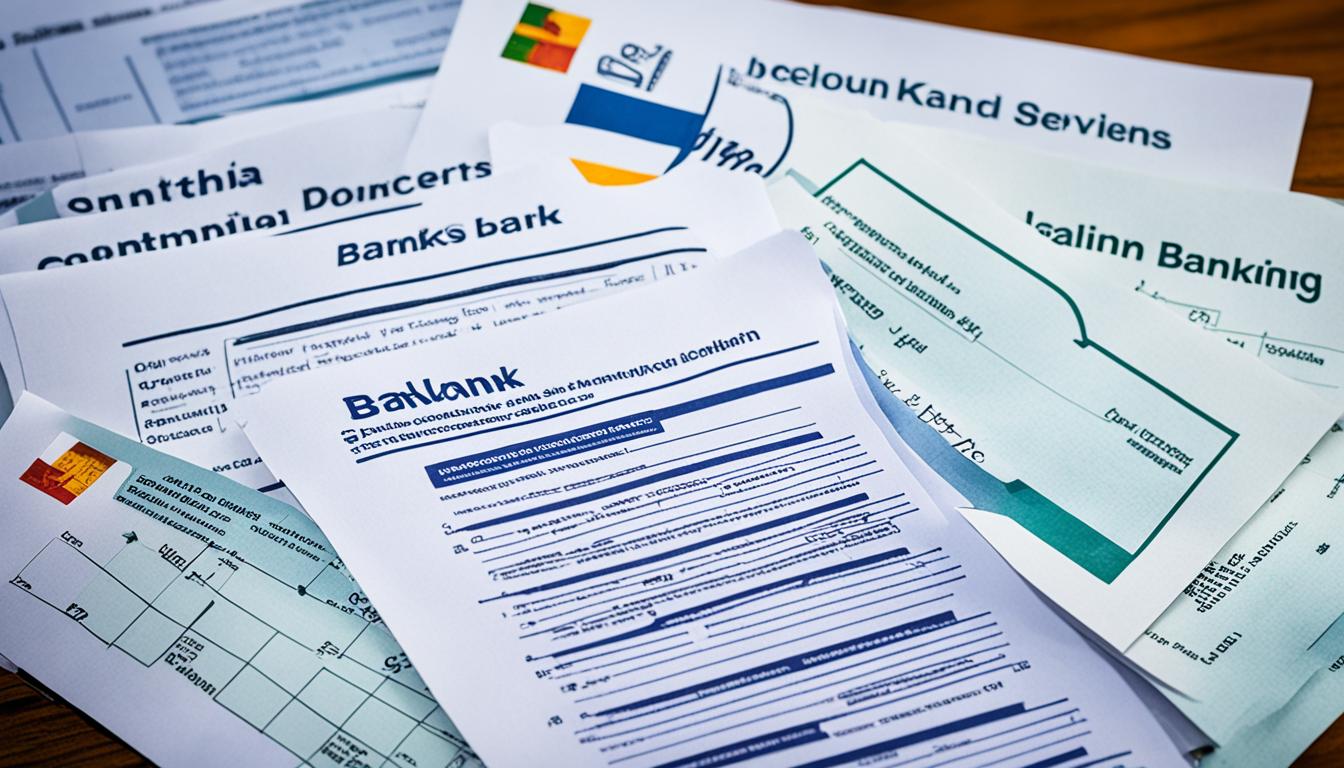The Sri Lanka United National Businesses Alliance (SLUNBA), advocates for secure transactions within the Sri Lanka banking sector, has been actively recommending the utilization of Sinhala agreement forms. This initiative is especially pertinent for SME banking in Sri Lanka, where a significant portion of entrepreneurs may not be proficient in English. SLUNBA’s latest campaign encourages all parties to insist on banking documentation in their native language to avoid potential misunderstandings and ensure clarity in financial dealings.
Key Takeaways:
- SLUNBA champions the use of Sinhala agreement forms for clarity in Sri Lanka banking.
- Secure transactions are a priority for SME banking in Sri Lanka.
- Understanding loan agreements is crucial to avoid potential disadvantages for non-English speakers.
- SLUNBA’s advocacy reflects its commitment to the local business community.
- The movement is a step towards greater transparency and inclusivity in the banking sector.
The SLUNBA Movement: A Stand Against Non-Sinhala Banking Documents
The initiative propelled by the Sri Lanka United National Businesses Alliance (SLUNBA) is central to fostering banking transparency and safeguarding the interests of those who may fall prey to the complexities of English banking documentation. Spearheaded by Susantha Liyanaarachchi, the Deputy Chairman of SLUNBA, the movement appeals for the integration of Sinhala in financial documents, thereby fortifying the rights and comprehensions of entrepreneurs and local businessmen across Sri Lanka.
The Demand for Sinhala Bank Forms
Amidst the evolving banking landscape, the demand for Sinhala banking documentation has increased significantly. This necessity is a direct response to the difficulties faced by individuals uncomfortable with the English language, thereby advocating for the inclusion of the native tongue to prevent any misinterpretation of contractual obligations. Acknowledging this need, SLUNBA is vehemently pushing for changes that would see the Sinhala language become a mainstay in financial dealings, thus championing the cause of linguistic inclusivity within the sector.
Illuminating the Concerns of Local Businessmen
Recognizing that the clarity of contractual terms is paramount, SLUNBA has illuminated the apprehensions of local businessmen. The lack of SME financial support in the form of comprehensible agreements can lead to unintended asset forfeiture, ultimately hampering the stability and growth of these enterprises. Through their vocal resistance against English-only documents, SLUNBA upholds the interests of these local entities, advocating for an equitable banking system.
Understanding Parate Rights Suspension and Its Impact on SMEs
Sri Lanka’s move to suspend ‘parate rights,’ which traditionally allowed banks to seize collateral without court intervention, wields considerable impact over SMEs. SLUNBA pinpoints this as a pivotal moment for the financial realm, as it recalibrates the power dynamics between lending institutions and businesses in need of credit. The parate rights suspension serves not only as a protective measure for property owners but also as a signal for the necessary evolution of practices that support and bolster the backbone of the Sri Lankan economy—its SMEs.
Do not sign English bank agreement forms: Business Alliance urges public
The ongoing vigilance exerted by the Sri Lanka business advisory board highlights a pivotal Sri Lanka United National Businesses Alliance (SLUNBA) intention. They stress a vital message: exercise bank form caution and refrain from signing any banking agreements solely presented in English. This preventative action aims to shield the Sri Lankan community from the perils and potential misunderstandings that can arise from contracts articulated in a foreign language.
By extending straightforward SLUNBA public guidance, led by esteemed figures such as Deputy Chairman Susantha Liyanaarachchi, the organization is not merely advising but reinforcing the necessity for clear and understandable banking documentation. Comprehension of loan agreement concerns forms a cornerstone of this crusade — ensuring that both individuals and businesses can engage with their financial obligations and rights with complete clarity.
- Advocating for native language documentation
- Preventing contractual misunderstandings
- Protecting against potential financial exploitation
In conclusion, the determination shown by the Sri Lanka United National Businesses Alliance is unmistakable. Their efforts are to nurture a banking sector where transparency isn’t just an ideal but a fundamental practice, benefiting the whole of Sri Lankan society.
Implications for Banks and SMEs in Sri Lanka
The initiative by the Sri Lanka United National Businesses Alliance (SLUNBA) urging for agreement forms in Sinhala is more than a cultural assertion; it’s a strategic move with widespread bank policy implications that could reshape the financial landscape for Sri Lankan SMEs. As SLUNBA underscores the necessity for linguistic inclusivity, it casts a spotlight on the critical need for transparency and comprehension in financial dealings to safeguard local enterprises. Banks that heed this call not only invest in the cultural fabric of the nation but also set a standard for operational integrity that could serve as a catalyst for broad-spectrum banking sector reform.
At the forefront of advocating for policy shifts, SLUNBA’s influence is poised to usher in an era where understanding and fairness are paramount in financial agreements. The repercussions for banks that fail to adapt could be profound. The delineation between accessible financial support and institutional rigidity might very well determine the survival of many small businesses. Should SLUNBA’s recommendation for measures against non-compliant banks materialize, we could witness a significant transformation in bank operations, directly benefiting the backbone of the Sri Lankan economy—its SMEs.
By promoting the necessity for Sinhala banking documents, SLUNBA not only fights for linguistic inclusivity but also lights a beacon for economic stability and growth. This quest for reform gives voice to a population often marginalized in the sphere of complex financial negotiations. In doing so, the alliance reinforces the idea that the vibrancy and resilience of Sri Lanka’s economic future depend squarely on our collective ability to foster an environment where every business, irrespective of size or language proficiency, can flourish.











